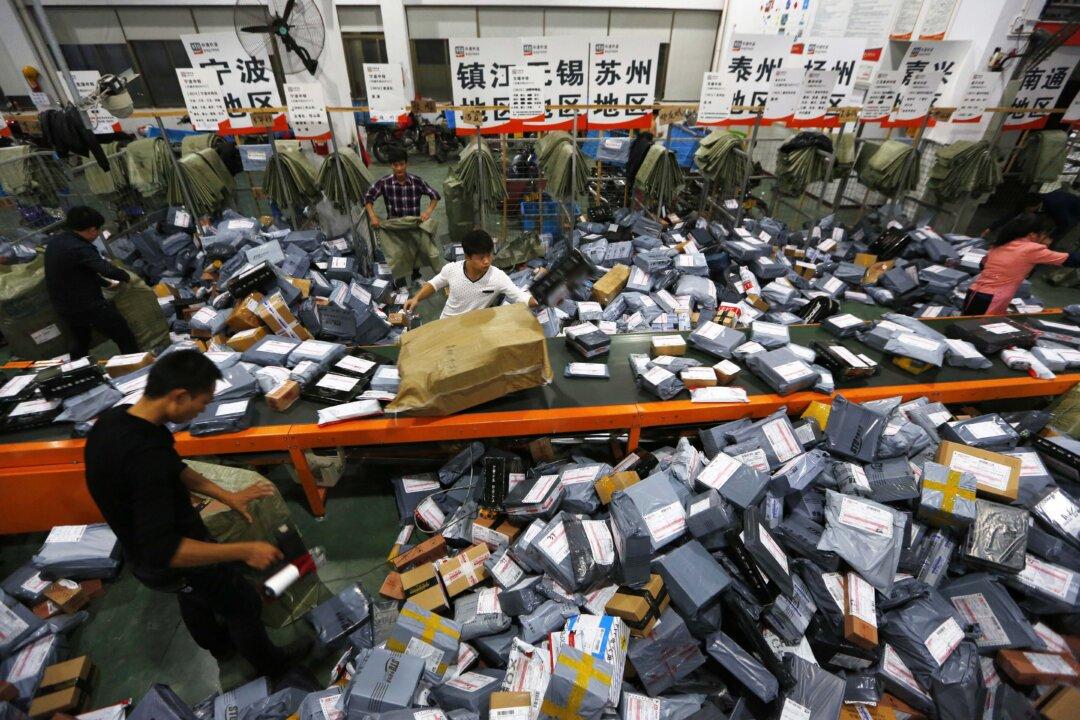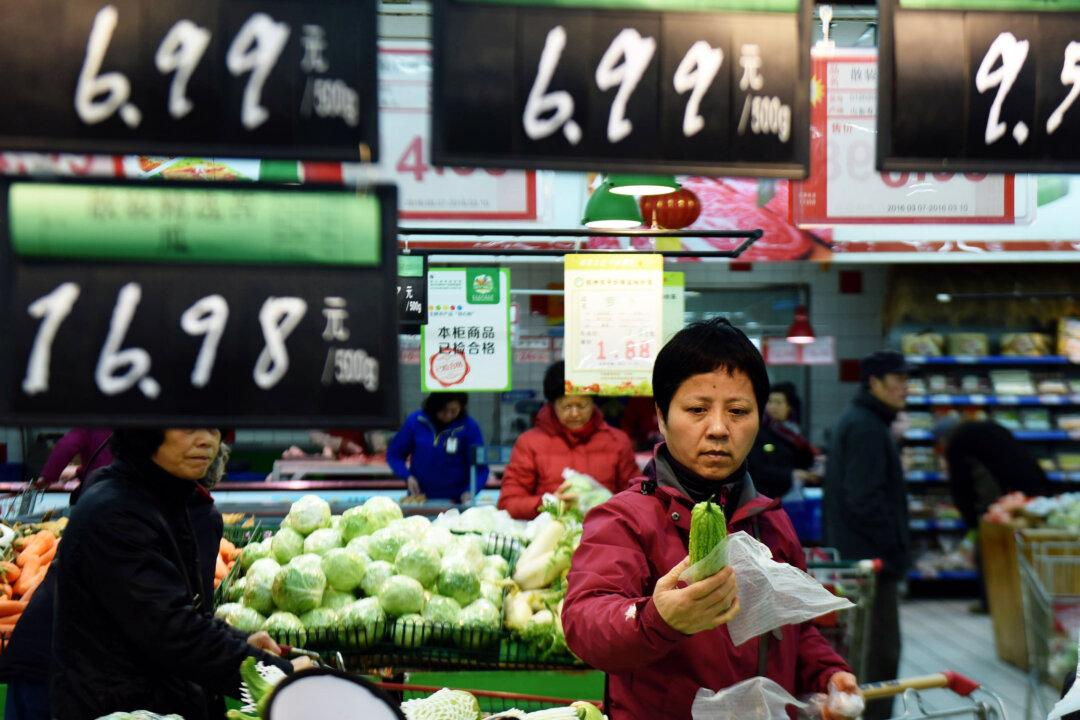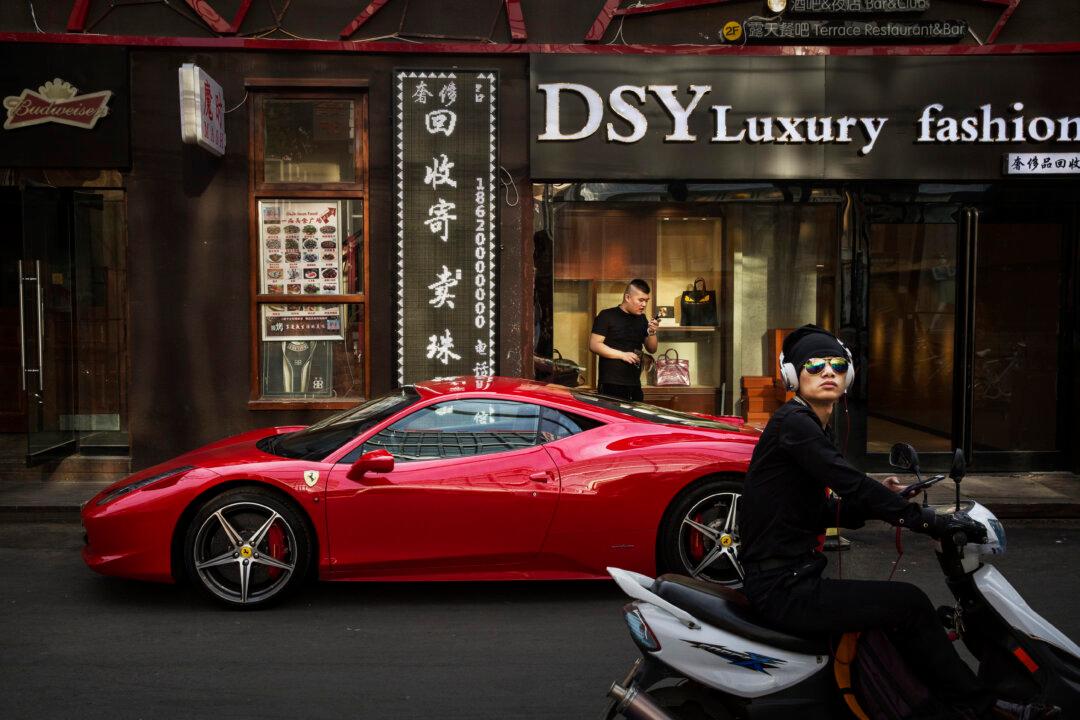You may not have heard of this Chinese holiday: Singles Day, or Double Eleven, celebrated on 11/11. It’s also known as “China’s online shopping festival,” because it’s all about shopping. Alibaba broke a new sales record: 91.2 billion yuan ($14.3 billion) in total sales, a 60 percent increase from last year.
This certainly made Alibaba very happy while awing the rest of the world. Many of my friends could not restrain themselves and joined the shopping craze. But others told me they would not partake because events like this one are created and hyped up by online retailers.
A lot of the so-called discounts are fake, I was told, as prices on discounted merchandise had recently been raised prior to the sale. In addition, many of the discounted goods are said to be knock-offs. In other words, the Singles Day Shopping Festival can be a carnival of fake goods.
As expected, media reported cases of fake products the very next morning. A man from Qingyang District, Chengdu City had bought a computer hard drive for 339 yuan on Tmall.com on 11/11 to save 10 yuan, but he received five ceramic tiles instead. Calls to the vendor were fruitless. The vendor’s customer service department rejected the man’s demand for a refund. They simply insisted they had shipped the correct product and suggested that the product must have been “swapped” during delivery.
Other stories I heard were about people getting knock-offs or poor quality brand-name merchandise. But receiving a bunch of tiles instead of a hard drive is a new one.
There has been a lot of speculation about the quantity of fake products being sold on Alibaba’s online shopping platform. Economist Zou Lan said it’s 40 percent. Some of my friends believe it’s over 50 percent.
My editor friend, who always shops online, told me that even authentic products sold online on 11/11 were poorly made. Furthermore, there is no guarantee you'll get authentic products that are well-made and of quality even when shopping in department stores. Customers are only interested in price, he said. In other words, with so many counterfeit goods and such a small chance of being able to return merchandise, customers have to take the loss.


